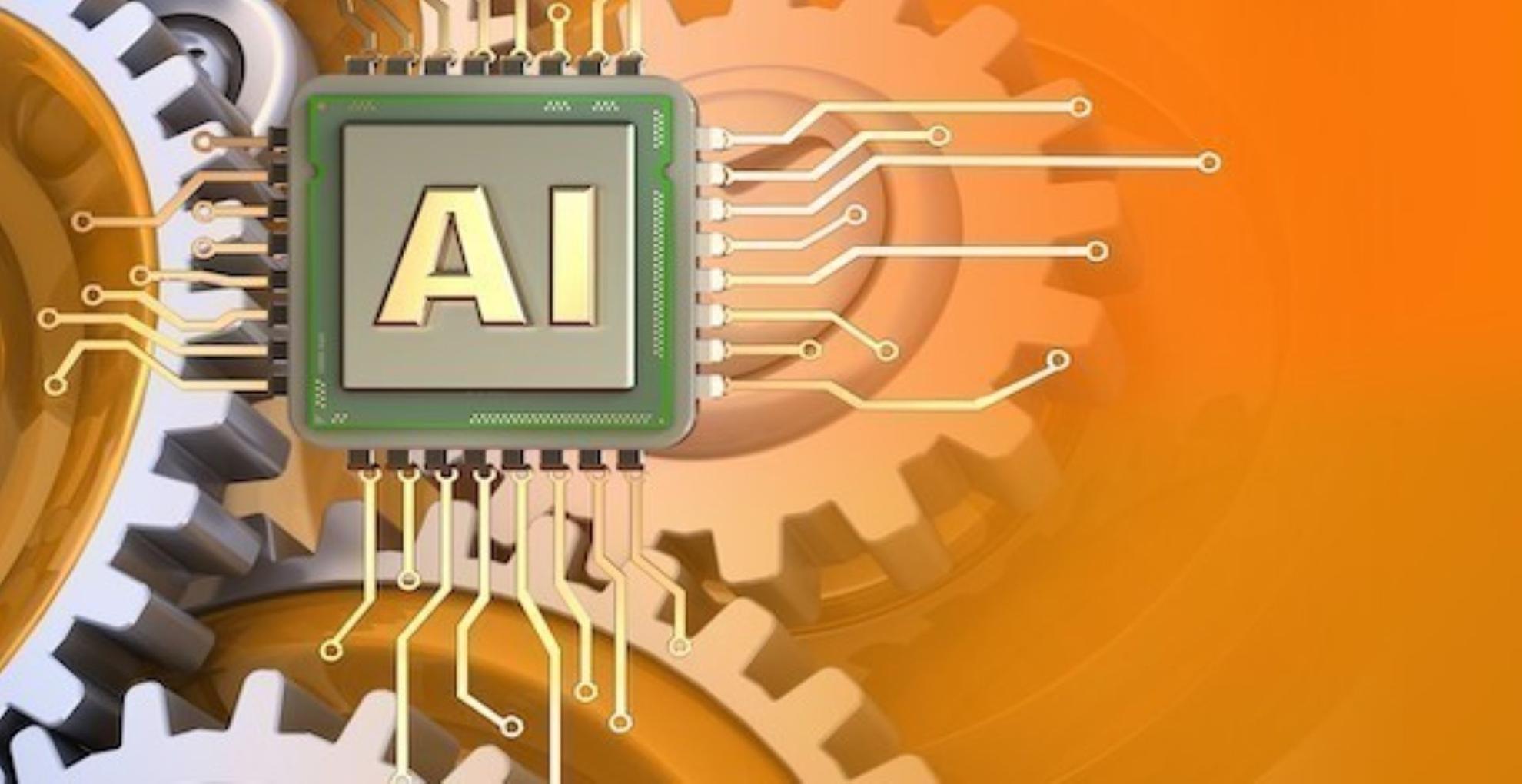
Latitude Margaritaville Watersound in Panama City Beach, Florida is billed as a community where life rolls easy, neighbors are friends and the party never ends, a place inspired by the legendary music and lifestyle of Jimmy Buffett, but there will soon be another draw to this 55-and-over community– homes with built-in AI technology to help residents monitor their health.
“The Smart Health Home Initiative represents an exciting step forward in the evolution of aging and the expanding role of health technology,” said Jing Wang, dean of Florida State University’s College of Nursing. “By combining FSU’s deep commitment to advancing patient care through cutting-edge research and technology through its Institute on Digital Health and Innovation, involving multiple disciplines and colleges through our FSU Health umbrella, with Samsung’s industry-leading smart technology and wellness platform, we can better understand the health needs of aging adults and leverage these insights to develop novel solutions that empower individuals to take charge of their health from the comfort and convenience of their own homes.”
The project harnesses the power of Samsung’s SmartThings IoT technology and Health AI.
According to Samsung, SmartThings uses advanced sensor technology, like motion and sound sensor devices in the home, to recognize the occupant and understand their daily activities like cooking, exercising and sleeping, “so your home can create the perfect environment for you.”
“This ambient sensing technology would enable your home to understand you and your surroundings to help you live a better life. It collects, integrates and analyzes diverse data and securely stores it on your local home network.”
The technology has the ability to detect activities like push-ups, sleeping, and even spending time at a desk working, and it can make recommendations to improve routines and build a healthier home environment. SmartThings provides real-time feedback, and can even remind you to get up and move around if you have been sitting too long.
“After your workout, the sound and movement of drying your hair can be detected by sound sensing devices like the Music Frame, and will start the robot vacuum to clean up fallen hair from the floor. Or after a long day, all you might want to do is relax in your favorite chair. SmartThings makes it effortless. As you approach your favorite chair, SmartThings recognizes your presence, automatically dimming the lights, turning on your reading lamp, and adjusting the room to your perfect temperature. SmartThings’ new technology could even identify your miniature pinscher jumping onto the couch, activating the air purifier to remove allergens from the air.”
With regard to privacy, the information in the system is stored locally on your network, keeping your data secure in your home. “None of your data will be stored in the cloud or accessible to third parties without your consent, giving you control over your personal information.”
“Technology is playing a transformative role in health, bringing together digital tools, connected devices, services and data to reshape how we approach health and wellness,” said Ken Honeycutt, director of Digital Health, Samsung Electronics America. “With the seamless integration of these tools into our daily lives, we can better understand our current health status and manage our well-being effortlessly. We look forward to our collaboration with the FSU College of Nursing to better understand the way technology can help people manage their health proactively, and holistically, as they age.”
The initiative is set to debut in mid-2025. “The Smart Health Home will serve as a model for the future of home-based wellness, as FSU College of Nursing and Samsung continue to advocate for best practices in home health technology and explore opportunities to expand into additional communities,” the University states.
The National Institute of Health’s National Institute on Aging (NIA), has explored for many years how technology, specifically AI, can help older adults live a healthy lifestyle. The NIA has set aside $40 million to fund promising AI technology pilot programs aimed at improving care and health for older Americans.
The company SafelyYou, which supports over 18,000 residents across more than 450 senior living communities, received seed money from NIA as part of that company’s ongoing efforts to make homes safer for the elderly, through the use of AI. The company helps those communities to “Successfully detect and help prevent falls, accurately track care community-wide, and dramatically improve resident well-being.”
